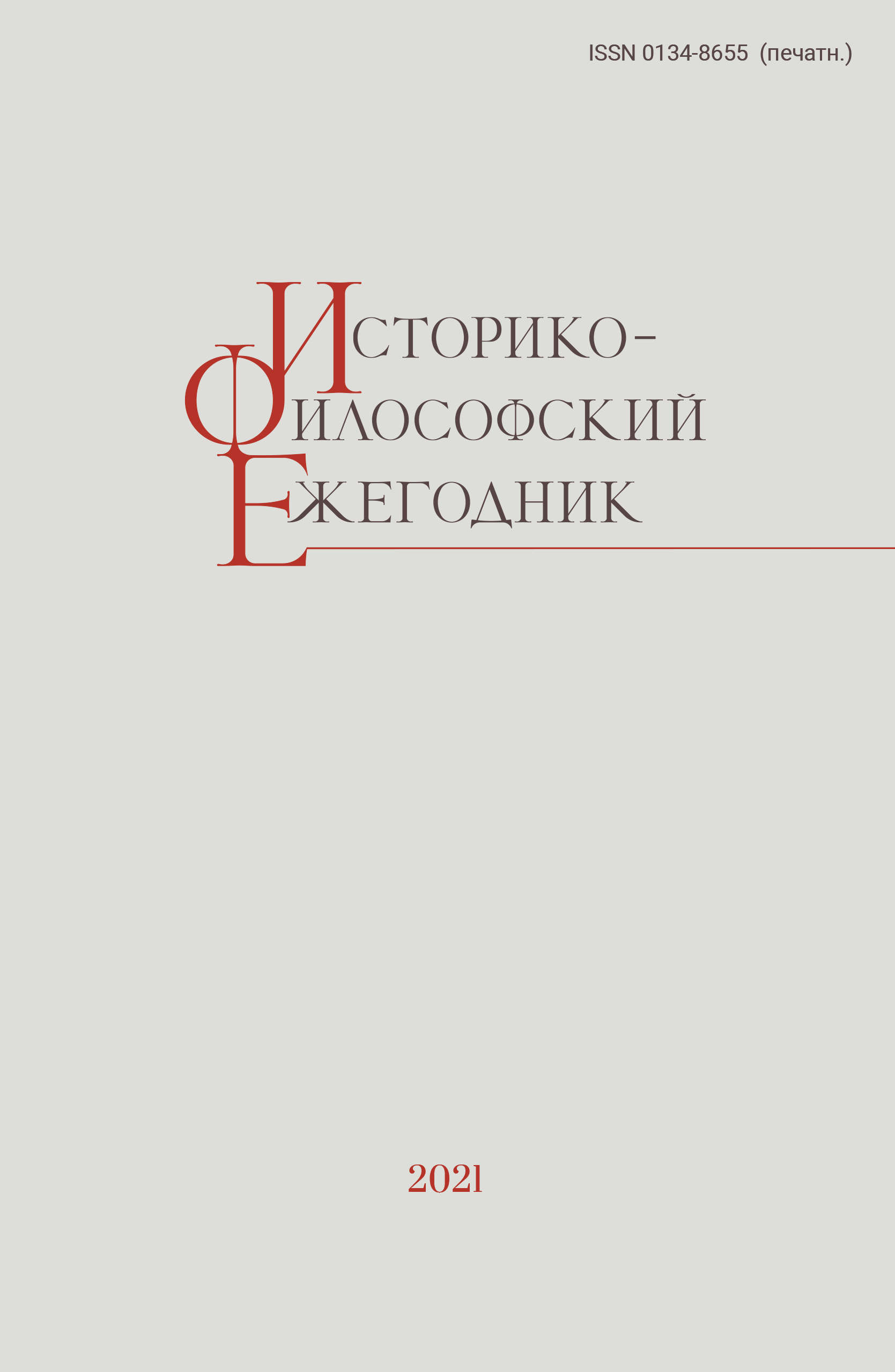The Definition of the Soul as an Efficient Cause of Bodily Motion in Aristotle and Alexander of Aphrodisias
Keywords:
Aristotle, Alexander of Aphrodisias, Soul, Body, Life, Capasity, Efficient CauseAbstract
My paper deals with the problem of self-motion of a living being which is a vital issue both within Aristotle’s physics and Alexander of Aphrodisias’ De Anima. This problem springs from the fact that the soul can be considered within Aristotelian framework in two ways. On the one hand, a soul is a form of a living body and a principle of its unity and identity. On the other hand, both Aristotle and Alexander define the soul as a productive cause of bodily motion and as an efficient power, dynamis, that moves while being other than what is being moved. This second way of looking at the soul places the soul-body relation into the frame of the agent-patient duality of physical motion. This conception of self-motion implies that the moving thing consists of the two parts, one being an agent and the other a patient, thus getting into conflict with the notion of the soul as form, essence, and cause of being of the ensouled body. This conflict seems to allow one to question the natural integrity of an ensouled self-mover. Dealing with this problem requires us to turn to the notion of form and matter as quasi-parts of a thing; Aphrodisias’ definition of the soul as dynamis and hexis; and the conceptions of motion and efficient power in Aristotle’s Metaphysics and Physics. In my paper, I suggest a possible solution to the problem that has to do with the notion of the governing part of the soul and Aristotle’s explanation of motion in the De motu animalium.

